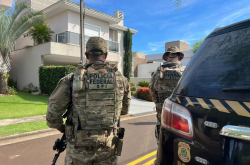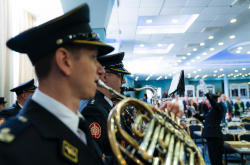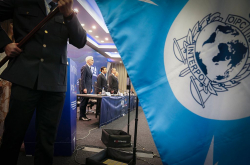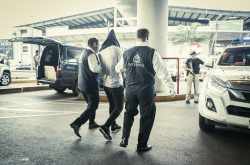As international borders become increasingly porous, global abuse and accessibility to drugs have become increasingly widespread. Drug trafficking represents a global threat, providing a constant source of funding for other criminal activities and even threats such as terrorism.
International cooperation as well as improved knowledge of criminals’ concealment methods and modus operandi is therefore vital to enabling police officials and customs worldwide to secure borders and safeguard communities.
We help member countries by providing investigative and analytical support as well as facilitating access to our secure police information sharing network I-24/7. Our projects also strengthen the capacity of national authorities to tackle drug trafficking networks.
INTERPOL Response Against Illicit Drugs (I-RAID)
This Global Drugs Programme will support member countries to address the complex criminal networks contributing to drug trafficking and associated criminal activities. The programme will include operational activities, case coordination meetings, capacity building and intelligence sharing on a global scale.
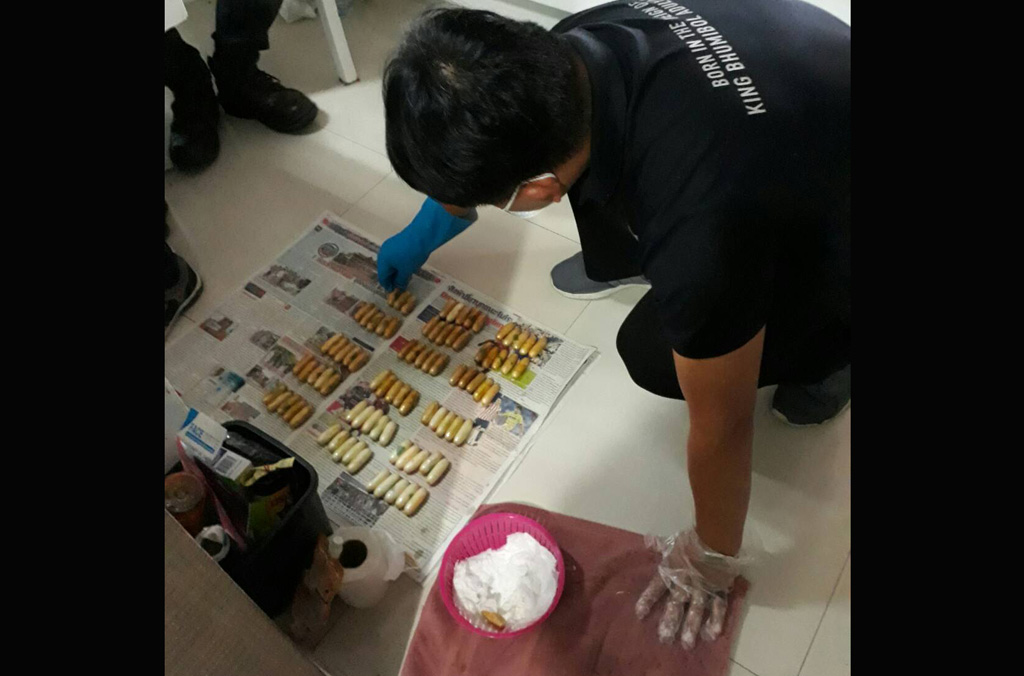
CRIMJUST
Project CRIMJUST supports 30 countries in Latin America, the Caribbean and West Africa to counter organized crime along illicit trafficking routes. The project strengthens associated criminal investigations and fosters international cooperation amongst criminal justice institutions.
The project is funded by the European Union’s Cocaine Routes Programme. It is implemented by INTERPOL in partnership with the United Nations Office on Drugs and Crime (UNODC) and Transparency International.

AIRport Communication Project (AIRCOP)
The AIRCOP project is a joint endeavour of INTERPOL, the United Nations Office on Drugs and Crime (UNODC), and the World Customs Organization (WCO). The project aims to strengthen the capacities of international airports across the globe to detect and intercept drugs, other illicit goods and high-risk passengers in origin, transit and destination countries.
A significant feature of AIRCOP is the establishment and training of Joint Airport Interdiction Task Forces (JAITFs) composed of officers drawn from different services specialized in combating drug smuggling and trafficking. The project also promotes a culture of intelligence gathering and information sharing between 40 beneficiary countries in Africa, Latin America, the Caribbean, Southeastern Europe, and MENA.
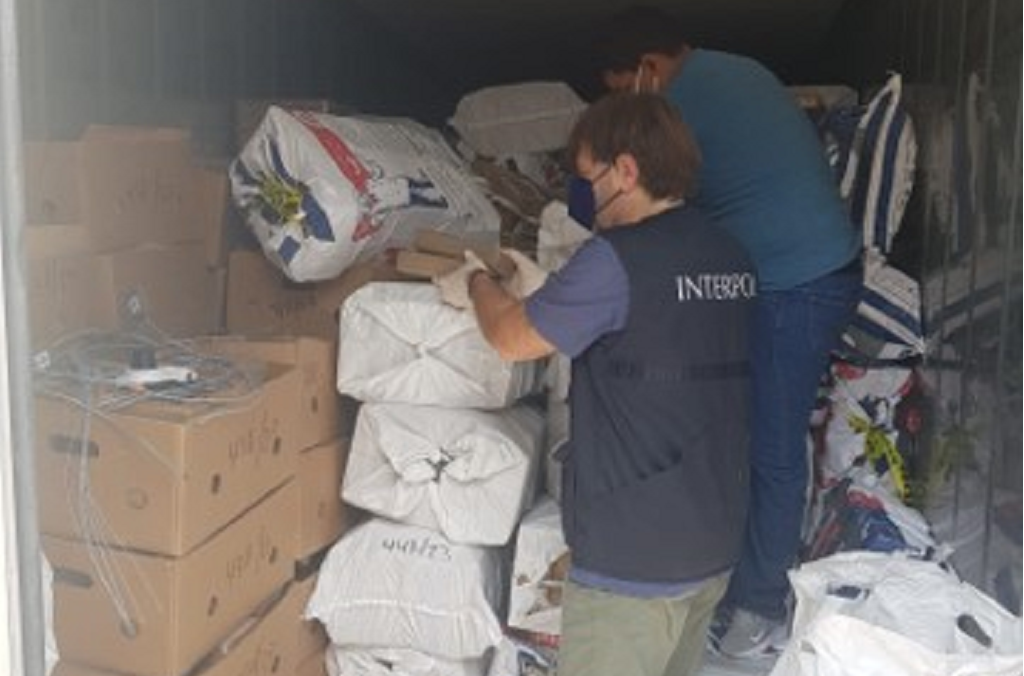
MAYAG
MAYAG targets the production, trafficking and use of synthetic drugs, and the illegal proceeds of criminal organizations operating around the globe. The project is funded by the Republic of Korea and involves collaboration with partners such as ASEANAPOL, AFRIPOL, EUROPOL, AMERIPOL and CARICC.






